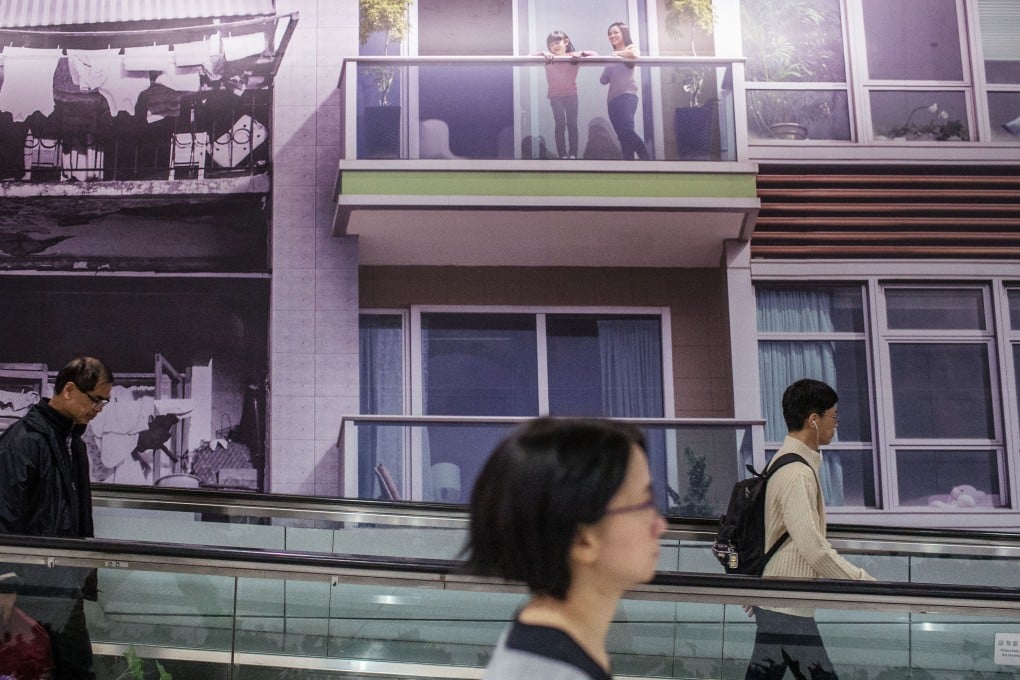End-of-life planning may be easier than we thought
Feng Chi-shun says making our wishes clear about the circumstances of our death is sensible, and also not as painful as some might imagine

Not everyone enjoys perfect health in old age, then dies in their sleep. Most of us suffer from some diseases as we age, and die when they become terminal.
Since death is inevitable, it makes sense to be well prepared for it, including thinking through what we want from our doctors in the final stages of our lives.
End-of-life planning is such an important part of health care that US doctors are now being paid by insurance companies to discuss these issues with their patients. These include drawing up directives for all aspects of terminal care, such as tube feeding, cardiac resuscitation, and other aggressive and often costly treatments.
In the US, end-of-life planning has evolved from what's commonly known as the "living will" to a third-generation of legal documents. The most popular third-generation documents are the "Five Wishes", described by admirers as a living will with heart and soul; and "MyDirectives", a mobile application that has the advantage of being paperless and more convenient for updating.
Awareness in Hong Kong of this aspect of patient care - known here as an "advance directive" - is relatively recent. In response to the Law Reform Commission's recommendations in 2006, the Food and Health Bureau published a consultation paper on advanced directives in 2009. While most of the feedback was in favour of the concept, all realised the devil was in the detail.
The Hospital Authority's experience with advanced directives has so far been limited because of poor participation by both patients and doctors, which is understandable. When grandma is in the intensive-care unit, it's more likely for visiting relatives to say to her, "Get well soon", than to ask her, "What do you want us to do if your heart stops beating?"